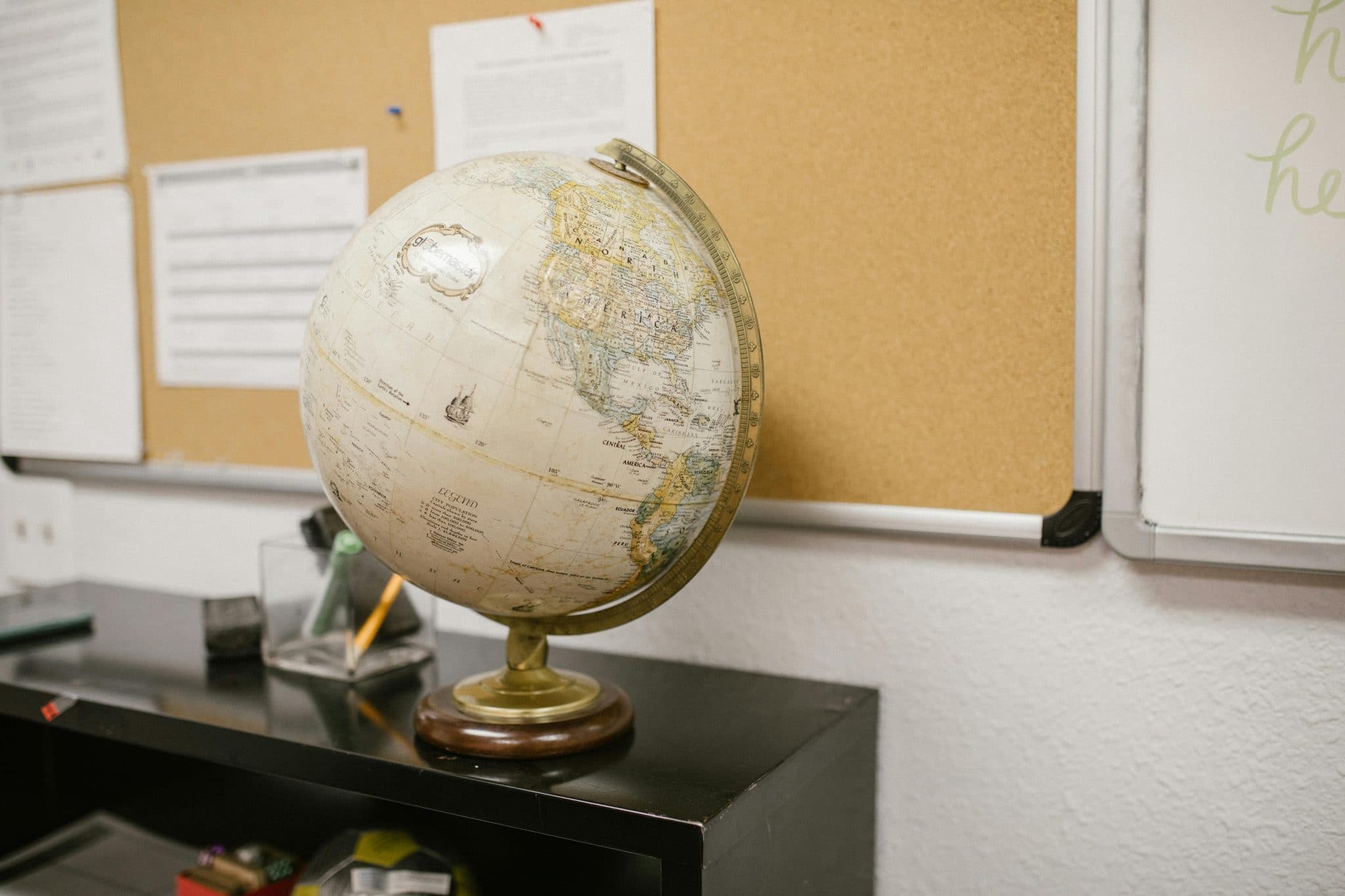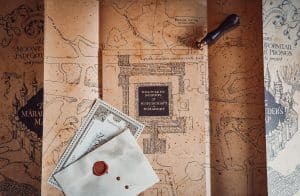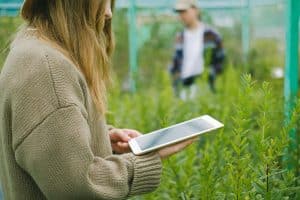Field Trips: Real-World Learning Beyond the Classroom
As a student, some of the most memorable and impactful learning experiences often happen outside of the traditional classroom setting. Field trips, in particular, offer a way for students to engage with the world around them in a meaningful and tangible way. While field trips may seem like a simple break from the classroom routine, they actually provide a wealth of opportunities for hands-on learning and real-world application of knowledge. In this article, we will explore the benefits of field trips as a form of real-world learning beyond the classroom.
The Power of Experiential Learning
Field trips offer a unique form of learning known as experiential learning. This type of learning involves students actively participating in an activity or experience, rather than simply reading about it or listening to a lecture. By engaging in experiential learning, students are able to apply the knowledge and skills they have learned in the classroom to real-world situations and scenarios.
Experiential learning has been found to be highly effective in reinforcing and solidifying concepts and skills learned in the classroom. It also allows students to make connections between what they are learning and the world around them, resulting in a deeper understanding and appreciation for the subject matter.
Learning Beyond Textbooks and Screens
In today’s digital age, the majority of learning takes place in front of screens or through textbooks. While these resources undoubtedly have their benefits, there is something to be said for hands-on learning experiences. Field trips provide students with a break from the traditional learning methods and allow them to engage with the subject matter in a more hands-on and interactive way.
For example, a field trip to a science museum can give students the opportunity to conduct experiments, interact with exhibits, and see scientific concepts come to life. This type of learning experience can be much more impactful than simply reading about the same concepts in a textbook.
Real-World Application of Knowledge
Field trips allow students to see how the concepts they are learning in the classroom are applied in real-life situations. This can be particularly beneficial for subjects that students may struggle to see the relevance of, such as math or science. By experiencing these concepts in action, students can better understand their importance and application in the real world.
For example, a field trip to a local business or factory can give students insight into how math and science are used in everyday operations. This can help students see the practical applications of these subjects and make connections between theory and practice.
Cultural Enrichment and Social Development
Field trips also offer the opportunity for cultural enrichment and social development. By visiting museums, historical sites, or other cultural institutions, students can learn about different cultures and perspectives firsthand. This can foster a greater understanding and appreciation for diversity and cultural differences.
In addition, field trips allow students to interact with their peers in a different setting. This can strengthen social skills, communication, and teamwork abilities. It also provides an opportunity for students to form new friendships and build a sense of community within their class.
The Importance of Field Trips in Education
Field trips are a vital component of a well-rounded education. They offer a unique and valuable learning experience that cannot be replicated in the classroom. By engaging in experiential learning, students are able to see the real-world applications of the concepts they are learning. This can result in a deeper understanding and appreciation for the subject matter, as well as foster social and cultural development.
In conclusion, field trips provide a way for students to engage with the world beyond the classroom and apply their knowledge in a tangible and meaningful way. In a world that is becoming increasingly digital, it is important to recognize the value of hands-on learning experiences and incorporate them into education whenever possible. So the next time you go on a field trip, remember that it is not just a fun day out of the classroom, but a valuable learning experience that can have a lasting impact on students.









